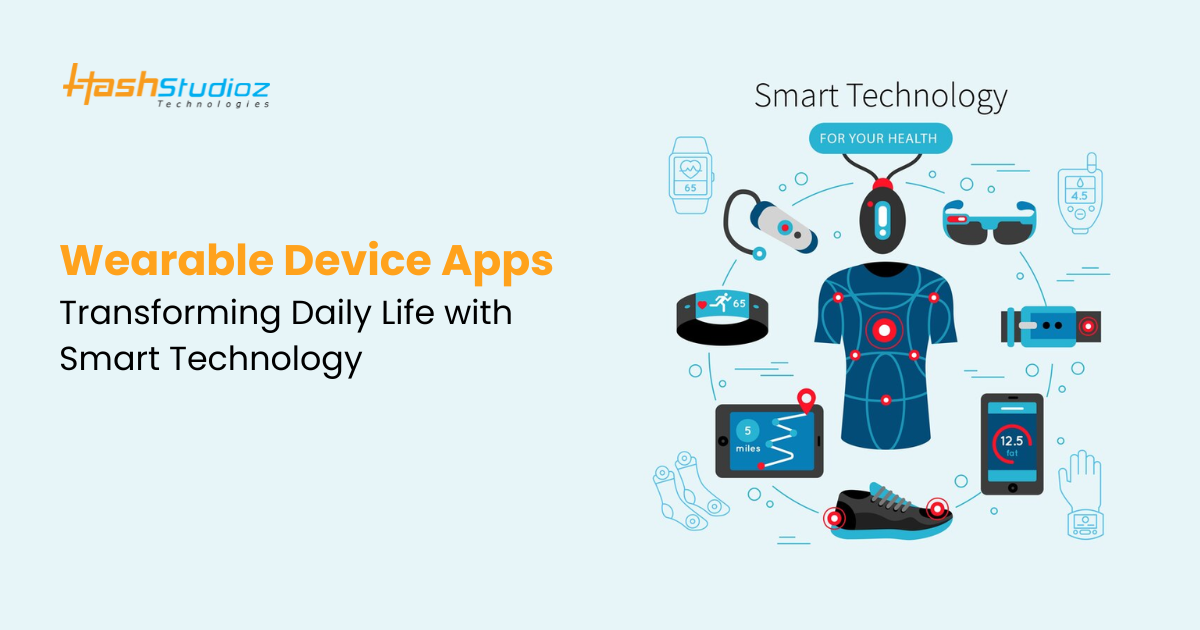Introduction
In the last decade, the pace of technological advancement has changed the way people live, work, and interact. From smartphones that keep us connected to smart homes that make everyday tasks easier, technology is increasingly becoming an invisible assistant in daily life. The concept of smart technology is no longer just a luxury; it has become a necessity in both personal and professional settings.
Smart Homes: Bringing Convenience and Comfort
Smart home devices such as voice assistants, smart lighting, and intelligent thermostats are creating new standards of living. Instead of manually switching lights on and off, homeowners can now control them with a simple voice command or an app. Smart security systems add another layer of convenience, allowing people to monitor their homes remotely with real-time video surveillance.
Another significant feature of smart homes is energy efficiency. Devices such as automated thermostats and energy-efficient appliances help reduce electricity consumption. For example, a smart washing machine can schedule laundry during off-peak hours, helping to save money and energy.
Wearable Technology: Enhancing Health and Lifestyle
Wearable technology is another field that has reshaped daily routines. Fitness trackers and smartwatches allow people to monitor their health in real-time. These devices track physical activity, heart rate, sleep cycles, and even stress levels. Such insights empower individuals to make better decisions about their lifestyle and well-being.
Beyond fitness, wearables also provide seamless integration with smartphones, allowing users to receive notifications, make calls, and use voice assistants directly from their wrists. This hands-free convenience is a powerful tool in improving productivity and staying connected.
Smart Transportation: Redefining Travel
Transportation is another area where smart technology is transforming lives. Ride-hailing apps, GPS-enabled navigation, and real-time traffic updates have made commuting more efficient. Additionally, smart cars equipped with advanced safety features such as collision detection and lane assistance are contributing to safer roads.
The rise of electric and autonomous vehicles further demonstrates the shift toward sustainable and intelligent mobility. These innovations not only reduce carbon emissions but also create a smoother and more convenient travel experience.
The Role of Artificial Intelligence in Everyday Tasks
Artificial intelligence (AI) is at the heart of most smart technologies. AI algorithms power everything from online shopping recommendations to digital assistants like Siri and Alexa. In the workplace, AI tools automate repetitive tasks, analyze large sets of data, and support decision-making processes.
For students, AI-powered learning platforms adapt to individual needs, providing personalized study plans and practice tests. Similarly, healthcare apps supported by AI help users track symptoms, schedule appointments, and even receive instant medical advice.
Smart Shopping and Financial Management
The retail and financial sectors have also embraced smart technology. Online shopping platforms use AI to predict user preferences and suggest products. Contactless payments and digital wallets make transactions faster and safer, eliminating the need to carry cash.
Moreover, financial management apps powered by AI assist individuals in budgeting, tracking expenses, and investing wisely. This empowers people to take greater control over their financial health.
The Challenges of Smart Technology
Despite its benefits, the adoption of smart technology comes with challenges. Privacy and security remain top concerns, as many smart devices collect sensitive personal data. Cybersecurity threats such as hacking and data breaches highlight the need for stronger protective measures.
Additionally, over-reliance on technology can lead to reduced social interaction and increased screen time. It is essential to balance the use of technology with mindful practices to maintain both mental and physical well-being.
Future Trends in Smart Living
The future of smart technology is promising. Innovations such as smart cities, powered by interconnected devices and sensors, are expected to optimize traffic management, energy usage, and waste reduction. Similarly, advancements in robotics and AI will enhance industries like healthcare, logistics, and education.
With the integration of 5G networks, smart devices will become faster and more reliable, creating even more opportunities Official Site for innovation. The continued rise of the Internet of Things (IoT) will ensure that almost every device we use daily can communicate and function intelligently.
Conclusion
Smart technology is not just a trend—it is a transformative force that is reshaping modern life. From homes and workplaces to healthcare and transportation, its influence is everywhere. While challenges such as privacy and over-reliance remain, the benefits of convenience, efficiency, and connectivity are undeniable.
As the world moves toward an increasingly digital future, embracing smart technology wisely will be the key to building a more efficient and sustainable lifestyle.

